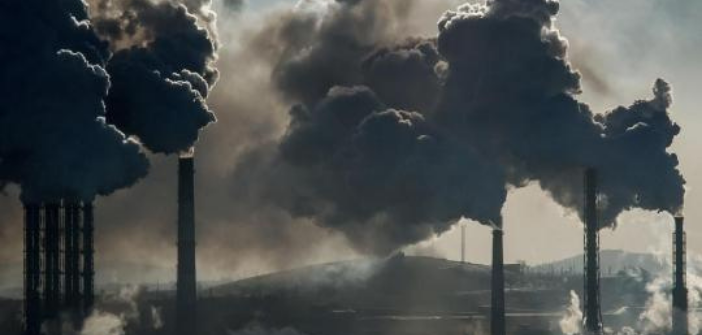The publication of the Intergovernmental Panel on Climate Change (IPCC) report yesterday serves as a new warning about the risks associated with global warming. Faced with the danger it represents, will we be able to change?
This time, it’s clear. Human activity has a proven impact on our planet. For the first time, IPCC experts have forcefully stated this conclusion that some refused to admit. At the current pace of greenhouse gas emissions, 40 billion emissions per year, it will be impossible to protect the Earth from irreversible and certainly catastrophic changes for all living beings.
The IPCC report, soberly titled “Summary for Policymakers”—written by 234 scientists from 66 countries, based on the analysis of over 14,000 studies—details the immense effort needed. Relentlessly, the experts assert that the +1.5°C warming threshold compared to the pre-industrial era (1850-1900) will be reached by 2030, which is ten years earlier than previous projections suggested. Without concession and for the first time, scientists identify humans as “undeniably” responsible for climate disruptions. Adhering to the Paris Agreement (COP21) seems today to be an illusion. Indeed, emissions continue to increase.
Redefining the Notion of Growth
In its current state, the IPCC agrees in its report that we need to redefine the measures of economic growth. The current model encourages energy consumption of all kinds (fossil fuels, deforestation, freshwater), which inexorably leads us to environmental degradation. This also implies that we completely change our lifestyle by maximizing the decarbonization of transportation, food, construction, and even travel. And above all, to multiply these efforts significantly because even if progress seems to be emerging, it remains very (too?) timid.
Focus on the Côte d’Azur
To substantiate and highlight concretely the efforts required to preserve the Earth, let’s take the Côte d’Azur scale. The impact of storm Alex and its still very visible aftermath in the hinterland revealed a sample of the risks associated with climate change. Disasters of this type will intensify if we continue on this path. Our beautiful region is densely populated and therefore heavily urbanized. The soils are saturated, and current tourism generates a significant environmental impact.
The proposal to expand Nice airport is a striking example. It is logical, based on the attractiveness of our region, but it will have a high carbon cost in addition to the risks of flooding in case of natural outbursts.
If change is to come from the top of the state, the case of this project and its eventual completion or not reflects the problems we will face. Should we proceed, relying on an uncertain future, or change?
Democracy serves this purpose. It remains to be seen whether we are ready to radically change our daily lives. According to the IPCC’s conclusions, the answer is clearly no at the moment.


